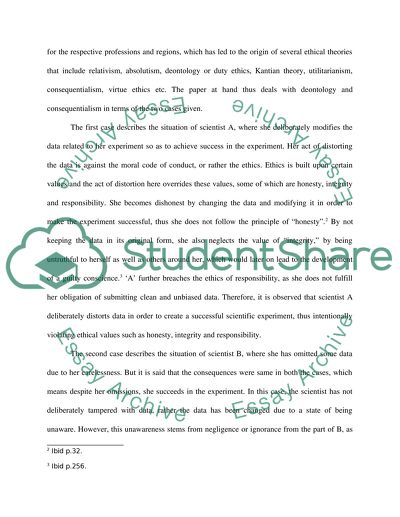Cite this document
(“Ethics Essay Example | Topics and Well Written Essays - 3000 words”, n.d.)
Retrieved from https://studentshare.org/philosophy/1474878-ethics
Retrieved from https://studentshare.org/philosophy/1474878-ethics
(Ethics Essay Example | Topics and Well Written Essays - 3000 Words)
https://studentshare.org/philosophy/1474878-ethics.
https://studentshare.org/philosophy/1474878-ethics.
“Ethics Essay Example | Topics and Well Written Essays - 3000 Words”, n.d. https://studentshare.org/philosophy/1474878-ethics.


